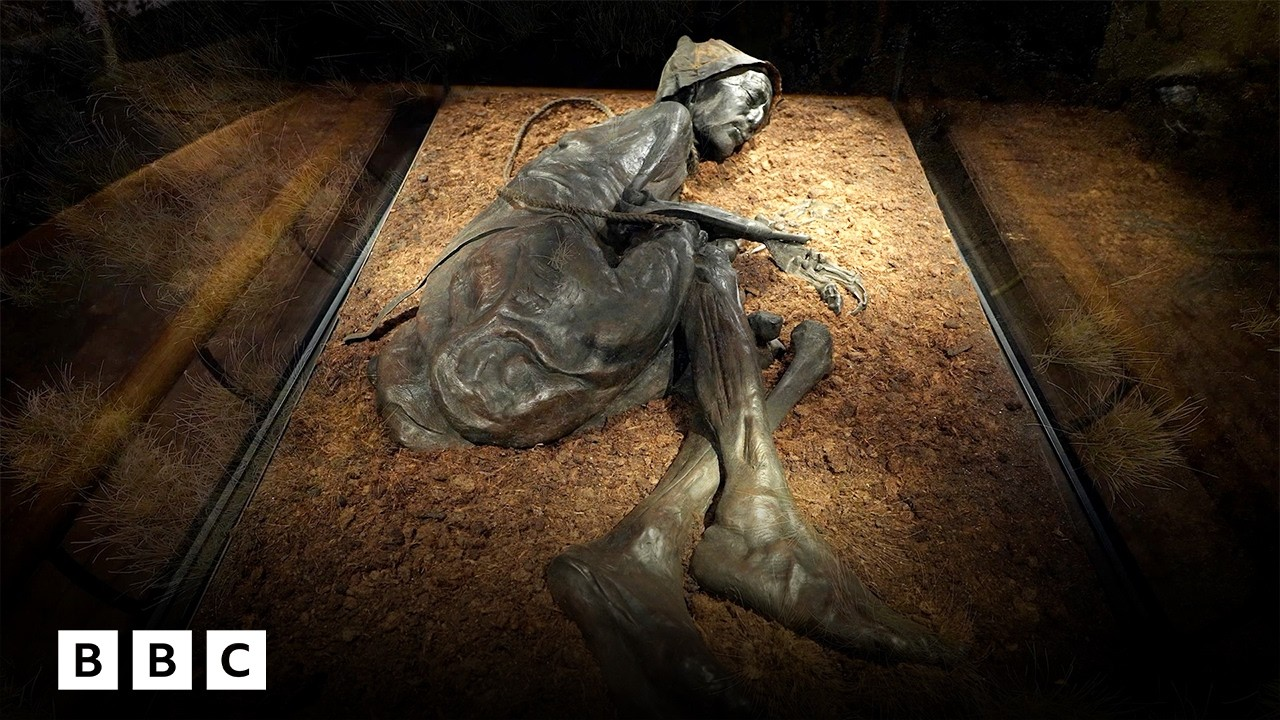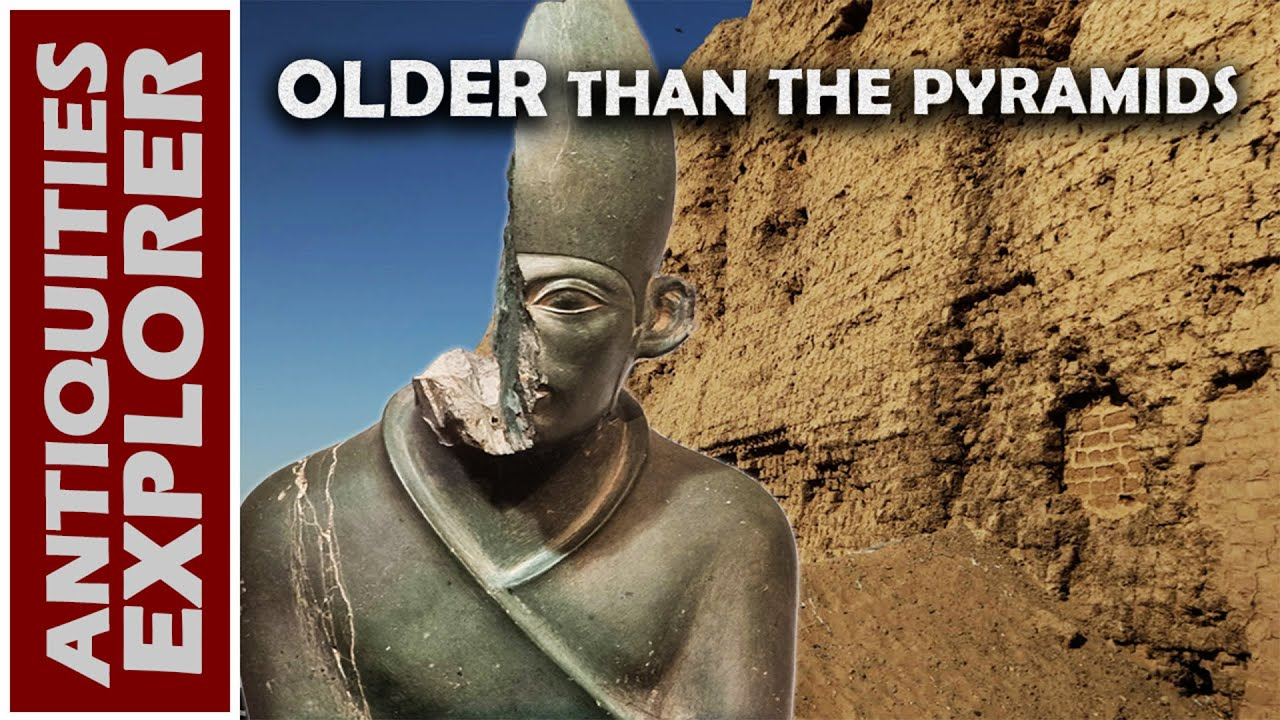The word ὀΐζυς is more relevant today than ever.
It’s one of those rare linguistic gems of Ancient Greek that resists simple translation—because it’s not merely understood; it’s felt. It embodies a universe of grief, tears, and affliction—a sonic echo of human suffering, and at the same time, a dense reminder of our yearning for redemption. To grasp its full depth, we must move beyond language into philosophy, from writing into raw emotion.
The Essence of ὀΐζυς
The word ὀΐζυς (genitive: ὀΐζυος) belongs to the first declension and is feminine in gender. It first appears in Homer’s Iliad, where it describes the deepest sorrow and unbearable pain.
Its etymological roots are unclear—possibly pre-Greek in origin. The use of the diaeresis (ï) marks the separation of vowels, hinting at a phonetic break—a stumbling in sound that mirrors the anguish the word conveys. The “οΐ” doesn’t flow—it falters, just as pain does in the voice of the suffering.
In Ancient Greek, ὀΐζυς signifies:
Grief
Anguish
Misery
Pitiful condition
Poverty and destitution
But this isn't just sadness or emotional distress. ὀΐζυς refers to an existential darkness—an all-encompassing state of human humiliation and despair. It carries a metaphysical weight, like a cosmic lamentation that echoes through the soul when pain surpasses reason.
ὀΐζυς in Homer
Homer uses the word ὀΐζυς to portray the pain of mortals and the inhumanity of war. It is the word that suits the laments of mothers who have lost their children, of the elderly watching their city’s walls fall, of Hector standing alone in the face of fate. ὀΐζυς is not a passing feeling—it is prolonged, irreversible, and tragic.
From Antiquity to Today
While the word has fallen out of everyday use, it could find new life—as a poetic term or even as a psychological marker of a condition that defies easy description. In an age where emotional suffering wears countless masks—burnout, existential dread, social isolation—ὀΐζυς speaks with startling clarity.
The Light Within ὀΐζυς
Perhaps this ancient word reminds us, just as it did in Homer’s epics, that the greatest sorrow often precedes catharsis. ὀΐζυς is not just an end—it is the necessary descent before the ascent. Where sorrow has reached its deepest point, the need for meaning, hope, and renewal is born.
And that may be the word’s most profound message: that pain, when acknowledged, can become a step toward the light.
ὀΐζυς is a world unto itself—not merely a dictionary entry, but a testament to the tragic and redemptive nature of human experience. If we use it today, it’s not to glorify suffering, but to remember that beauty and wisdom are often born at the very bottom of the soul—when we have fallen and managed to rise again.
Literary References and Philological Examples
1. Homeric Usage
Odyssey, 5.398:
“ὀΐζυος ἐξαναλὼν πολὺν αὐτῷ θυμὸν ἀνάγκῃ.”
(“Exhausted by deep sorrow, driven by necessity.”)
Here, Odysseus is shown crushed by fate, drained not just physically but spiritually. ὀΐζυς becomes the exhaustion of being—the depletion of the will to go on.
2. Hesiod, Works and Days
Hesiod uses ὀΐζυς to describe the destructive consequences of injustice—saying it leads not only to individual suffering but to collective societal decline. Here, ὀΐζυς is more than an emotional state—it becomes a political and ethical symptom.







